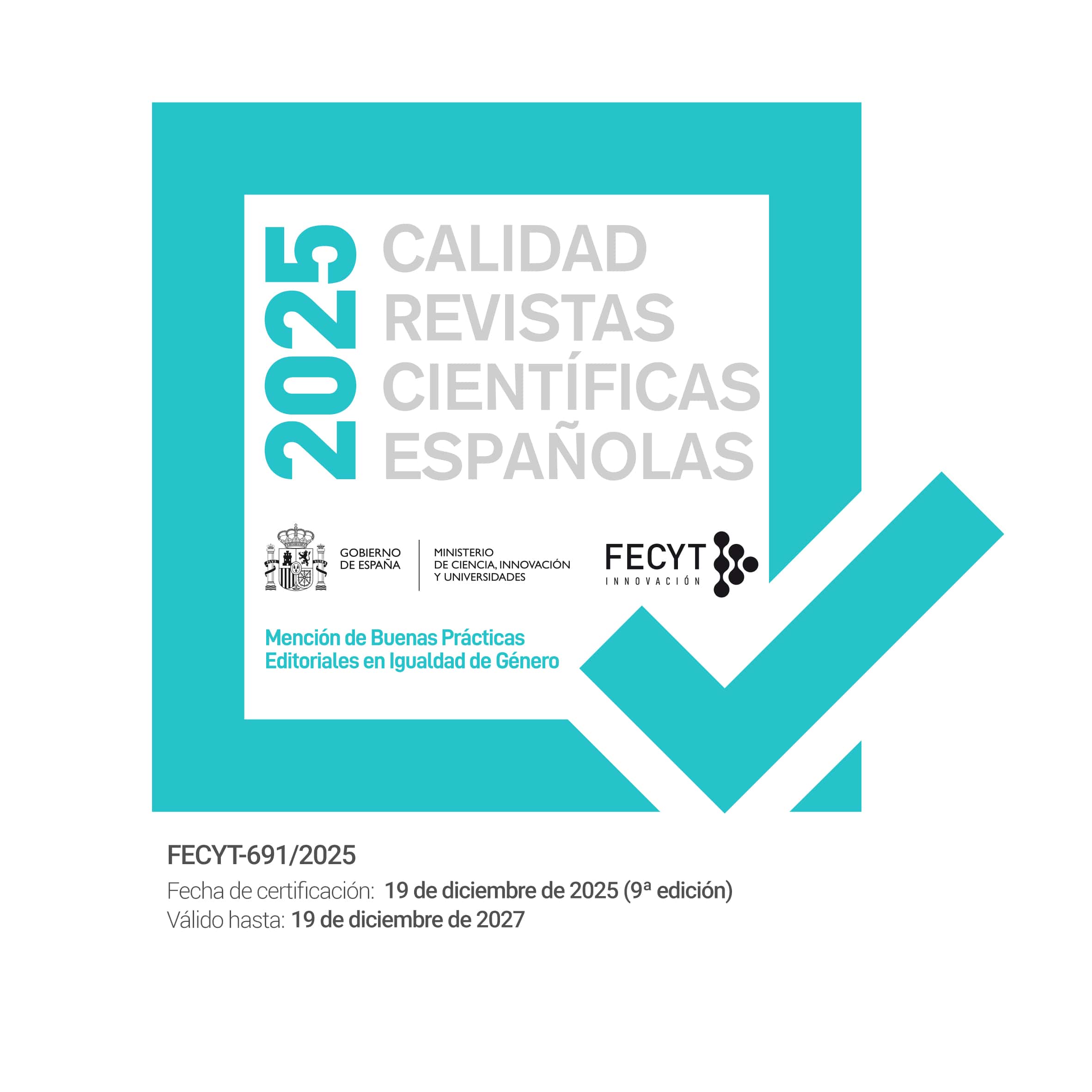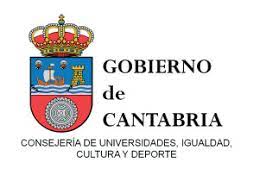Don Quixote, strength and justice
DOI:
https://doi.org/10.55422/bbmp.197Keywords:
Mirrors of princes, Cardinal virtues, Prudence, Justice, Temperance, Fortitude, Positive law, Natural law, Law of chavalryAbstract
In the Mirrors of Princes the good ruler distinguishes himself by being guided by the cardinal virtues of prudence, temperance, fortitude and justice. Since don Quijote’s madness, i.e. the lack of prudence, has been much discussed and as his lack of temperance is equally evident, the following analysis will be dedicated to how don Quijote can be related to fortitude and justice. It is intended to show in how far one could imagine don Quijote as a ruler. The fact that don Quijote does not appear as a winner in his battles, but rather as someone suffering nothing but defeats, could be explained in terms of the virtue of fortitude. His dealings with the law, on the other side, result from his idea of justice.
Downloads
Publication Facts
Reviewer profiles N/A
Author statements
Indexed in
- Academic society
- Sociedad Menéndez Pelayo
- Publisher
- Sociedad Menéndez Pelayo
Global Statistics ℹ️
|
257
Views
|
173
Downloads
|
|
430
Total
|
|
References
ARISTOTELES. (1995) Nikomachische Ethik. Edición de Günter Bien. Hamburg. Meiner.
BLANCO, SALVADOR JORGE. (2000) La justicia de Don Quijote de la Mancha. Santo Domingo. Editora Corripio.
BORRÉLL MERLÍN, María Dolores. (2005) «La justicia y la paz en el Quijote». Cuadernos de estudios manchegos. 29. 157-168.
CALVET BOTELLA, JULIO. (2006) Don Quijote y la justicia o la justicia en Don Quijote. Alicante. Biblioteca Virtual Miguel de Cervantes.
CERVANTES SAAVEDRA, Miguel de. (1998) Don Quijote de la Mancha. Edición de Francisco Rico. Barcelona. Crítica.
CORSO DE ESTRADA, Laura E. y María Idoya Zorroza (Ed.). (2011) Ius et virtus en el Siglo de Oro. Pamplona. EUNSA.
DI SALVO, Angelo J. (1989) «Spanish Guides to Princes and the Political Theories in Don Quijote». Bulletin of the Cervantes Society of America. 9. 2. 43-60.
LLULL, Ramón. (1949) Libro del orden de caballería: Príncipes y juglares. Buenos Aires. Espasa-Calpe.
MARIANA, Juan de. (1950) Obras. t. 2. Madrid. BAE.
MONTALVO, Garci Rodríguez de. (1959) Amadís de Gaula. Edwin B. Place (Ed.). Madrid. CSIC.
ORREGO, Santiago. (2011) «Humildad y magnanimidad: Fray Luis de León frente a Aristóteles y Tomás de Aquino». Ius et virtus en el Siglo de Oro. Laura E. Corso de Estrada y Maria Idoya Zorroza (Eds.) Pamplona. EUNSA. 107-125.
PÉREZ MARTÍNEZ, Ángel. (2005) Deshaciendo agravios. La idea de justicia en el Quijote. Lima. Fondo Editorial Sedes Sapientiae.
PÉREZ MARTÍNEZ, Ángel. (2012) El Quijote y su idea de virtud. Madrid. CSIC.
REY, Arsenio. (1981) «Don Quijote, paladín de la justicia militante». Cervantes. Su obra y su mundo. Manuel Criado del Val (Ed.) Madrid. EDI. 585-593.
RICO, Francisco. (2005) «Don Quijote, Cervantes, el justo medio». Estudios públicos. 100. 63-70. DOI: https://doi.org/10.38178/cep.vi100.611
RIVADENEIRA, Pedro de. (1952) Obras escogidas. Vicente de la Fuente (Ed.). Madrid. Ed. Atlas. (BAE).
RODRIGUEZ-PENALES, Horacio. (2012) «La naturalidad de la ley natural en la obra de Cervantes: una aproximación hermeneutica». Justicia y liberalidad. Antecedentes medievales y proyecciones en el Siglo de Oro. Laura E. Corso de Estrada, María Idoya Zorroza (Eds.). Pamplona. Eunsa. 33-245.
ROSALES, Luis. (1960) Cervantes y la libertad. Madrid. Gráficas Valera.
SANZOL DÍEZ, Francisco Javier. (2012) «Las virtudes en el Quijote: Una aproximación». Cuadernos de estudios manchegos. 37. 157-185.
VITORIA, Francisco de. (1998) Sobre el poder civil. Sobre los indios. Sobre el derecho de la guerra. Luis Frayle Delgado (Ed.). Madrid. Tecnos.
Downloads
Published
How to Cite
Issue
Section
License
Copyright (c) 2022 Christoph Strosetzki

This work is licensed under a Creative Commons Attribution-NonCommercial 4.0 International License.








